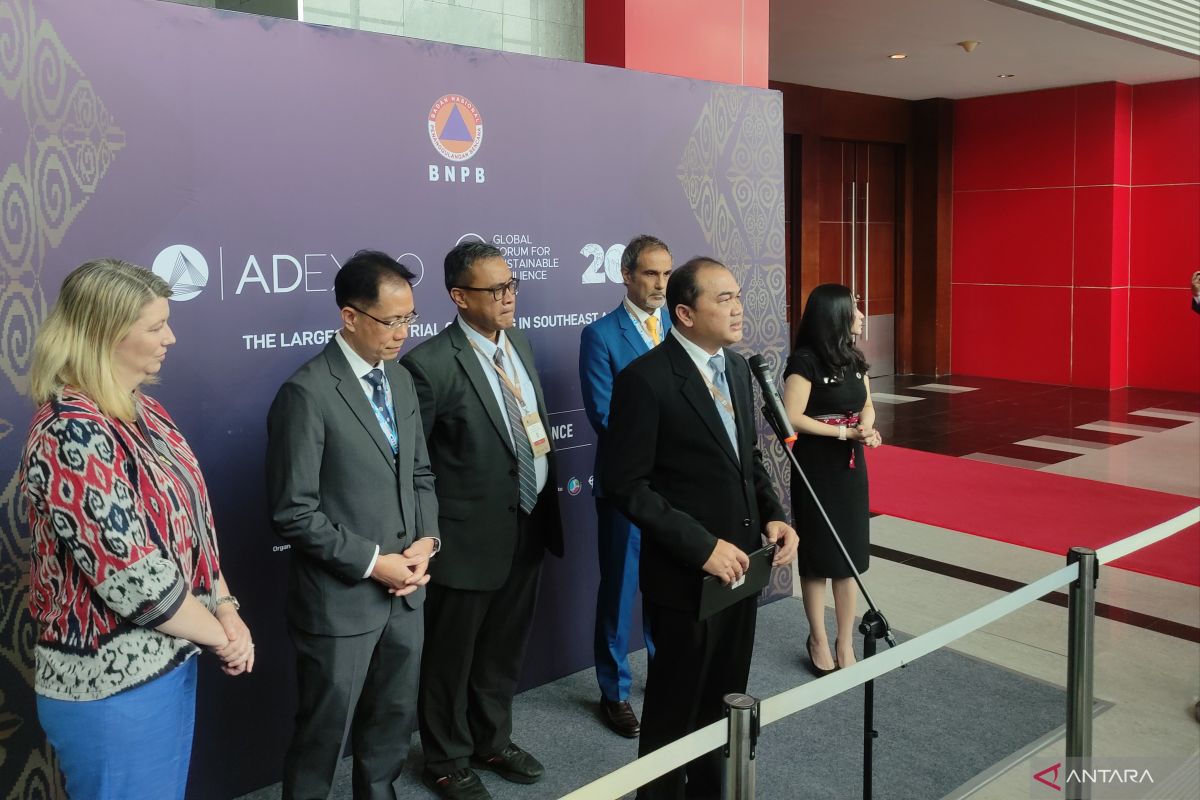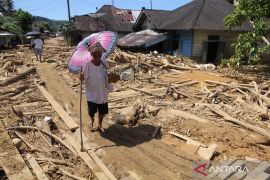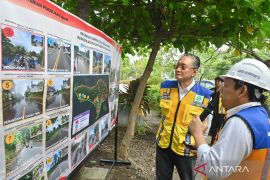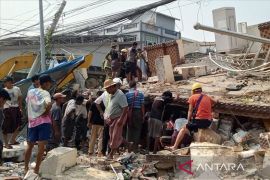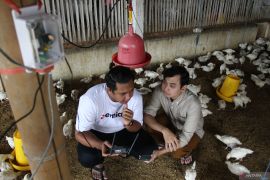Jakarta (ANTARA) - Indonesia expects that the earthquake, followed by a tsunami that hit the Indian Ocean 20 years ago or in 2004, can encourage ASEAN countries to become more resilient against disasters.
Chief of the Indonesian National Disaster Mitigation Agency (BNPB) Suharyanto stated here on Wednesday (September 11) that by reflecting on the tragedy caused by the earthquake and tsunami, countries need to cooperate and strengthen solidarity to increase resilience to face disaster threats.
"Through cooperation between countries, we can build a more resilient region, not only to face disasters but also to rise stronger afterward," he remarked.
He made the statement at the 2024 Global Forum for Sustainable Resilience (GFSR) and the Asia Disaster Management and Civil Protection Expo and Conference (ADEXCO) at JIExpo Kemayoran.
He explained that the international forum, which was attended by delegates from 10 ASEAN countries and involved practitioners, experts, and business actors in the field of disaster mitigation, discussed preparation efforts for building resilience to face disasters.
He cited as an example that the forum brought about the provision of detection technology for earthquakes and tsunamis.
Other efforts to build resilience include developing community skills and increasing sustainable regional development.
The Indian Ocean tsunami in December 2004 caused great damage in some regions in Indonesia, Thailand, Malaysia, Myanmar, and other countries in South Asia and East Africa.
The disaster resulted in more than 227 thousand deaths, over 45 thousand people going missing, and injuries to tens of thousands of people.
Some experts pointed out that limited information on disasters and the lack of detection systems at that time had magnified the disaster's impact.
Hence, Indonesia continues to improve disaster detection technology and combine it with the community's local wisdom to mitigate disaster risks.


